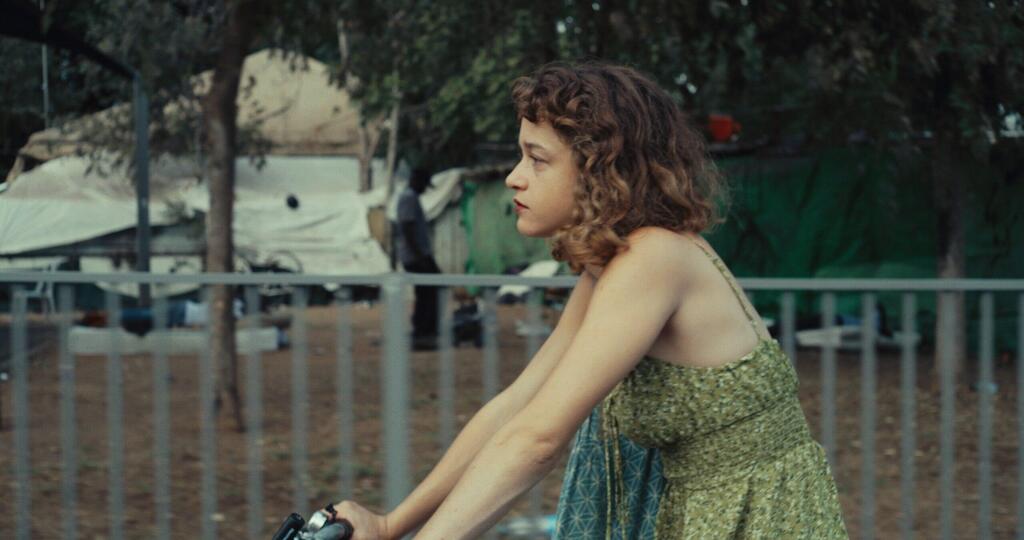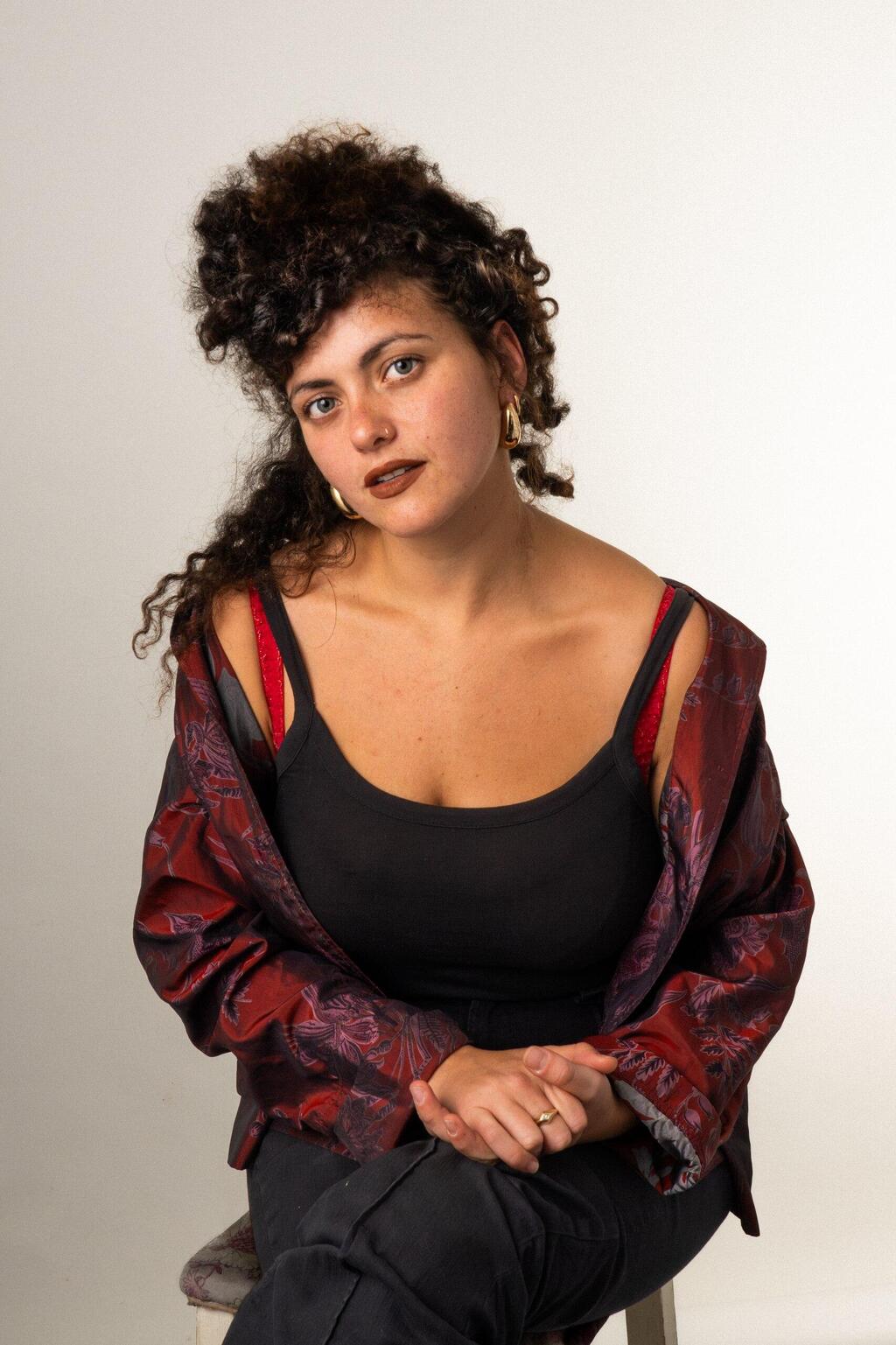Getting your Trinity Audio player ready...
It's Not Time For Pop, an Israeli short film whose plot occurs on Memorial Day, will participate in the 77th Cannes Film Festival, to be held next month.
The film was directed by Amit Vaknin, a student at The Steve Tisch School of Film and Television at Tel Aviv University, and it is the only Israeli film accepted this year to the major international cinema event, taking place in the French resort city of Cannes.
"When I heard I was accepted, I was completely stunned," Vaknin said. "I was surprised because the film is very Israeli, and it's hard to translate the little jokes and a day like Memorial Day to people outside of Israel."
The plot of It's Not Time For Pop, which combines humor and daring sex scenes, follows a young woman (played by Yarden Shay) who decides not to attend the memorial service of her father, who fell during the Second Lebanon War and hopes to win a furnished apartment in southern Tel Aviv.
"I didn't write a film about grief," says Vaknin. "It's a film about a young woman who wants to deal with love but inherits death. I filmed the movie last September, and after October 7, I couldn't touch the material and edit it. Only after a few months, I returned to editing. Since the Gaza war and the terrible losses, the film can be interpreted differently and bluntly. I didn't intend to provoke anyone. I really hope people won't be offended or feel uncomfortable by the film."
Meanwhile, the Cannes Film Festival added more contenders for the prestigious Golden Palm award. One of them is Michel Hazanavicius' animated feature The Most Precious of Cargoes, adapted from Jean-Claude Grumberg’s bestselling novel of the same name, set during World War II against the backdrop of the Holocaust. It will be the first animated feature to compete in more than a decade, since Ari Folman’s Waltz With Bashir in 2008.
Hazanavicius previously told Ynet that the Holocaust is not history but a personal story, as his grandparents fled to southern France during the Nazi occupation and hid in one of the villages. They sent his father to live with one of the farmers and his mother was handed over to a Christian orphanage and was raised by nuns. Some of his family members were murdered in the camps, and some managed to survive. This helped him write the script without interviewing survivors.



